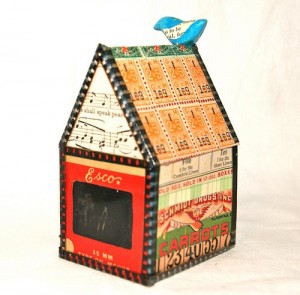 Can I keep my house through bankruptcy? is the first question homeowners considering bankruptcy ask.
Can I keep my house through bankruptcy? is the first question homeowners considering bankruptcy ask.
Will “they” take my house? they continue.
What happens to a house in Chapter 7 involves several, interconnected issues.
Generally,
if the equity in the house is exempt, and
you can make the required payments, then
you can keep the house.
Equity is exempt
If there is no equity in your home over and above the exemption you claim in the house, the trustee won’t attempt to sell the house to pay your creditors.
Bankruptcy trustees are tasked to find assets with net value from which creditors can be paid. If there is no net equity, the trustee is not interested in the house.
Calculate the non exempt equity this way: take the home’s value less the secured debts on the property less exemptions under applicable law less the costs of selling the house.
If the number you get is zero or negative, the house is safe from the bankruptcy trustee.
If there is more than nominal non-exempt equity, consider Chapter 13.
You can make the payments
The bankruptcy discharge eliminates your personal liability for the mortgage, but it does not alter the lien that secures the mortgage.
Thus, after bankruptcy, the mortgage lender still has its rights in the property, including the right to foreclose if you don’t make payments or otherwise breach the loan agreement.
So, make the payments, keep the house.
Almost without exception, the secured creditor wants you to keep the house and keep paying on the loan. The lender is not looking for an excuse to foreclose. These days, even lenders who are legally entitled to foreclose seem to be in no hurry.
If you are behind on your payments and it makes sense to keep the house, consider Chapter 13.
Should you keep the house?
A different question is whether it is a good idea to keep the house if it is fully encumbered ( that is, the debt on the house is equal to or greater than the value of the house).
Sometimes, debtors have taken out home equity loans such that all of the value in the property is pledged to lenders. Or the value of the house has plunged due to the economy around us. Or, the cost of paying the mortgages is greater than the cost of renting comparable housing.
Part of getting a fresh start may be walking away from real estate that is a greater burden than an asset.
It’s just a house. Home is the people who live together.
Read more
Perspective on the underwater house
Are you counting on your home to as your retirement plan?
Image courtesy of ArtbyHeather
